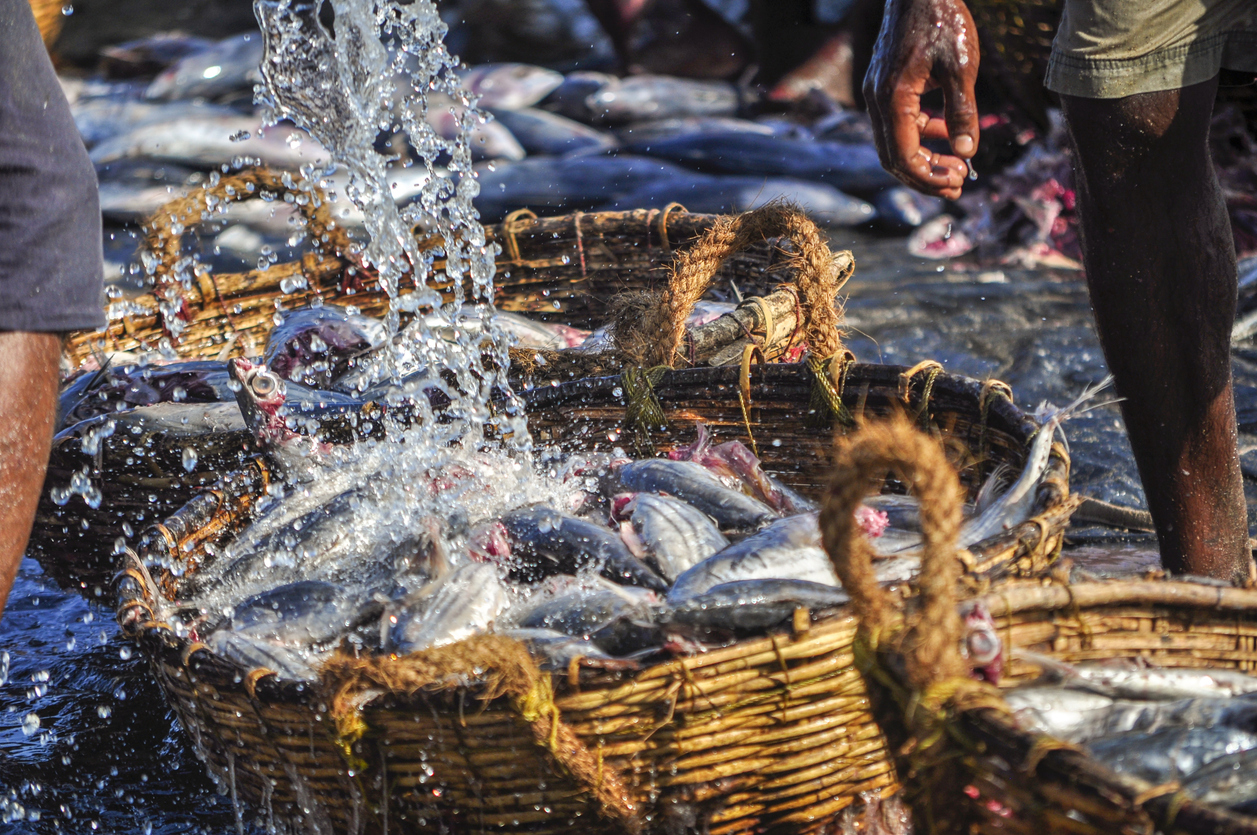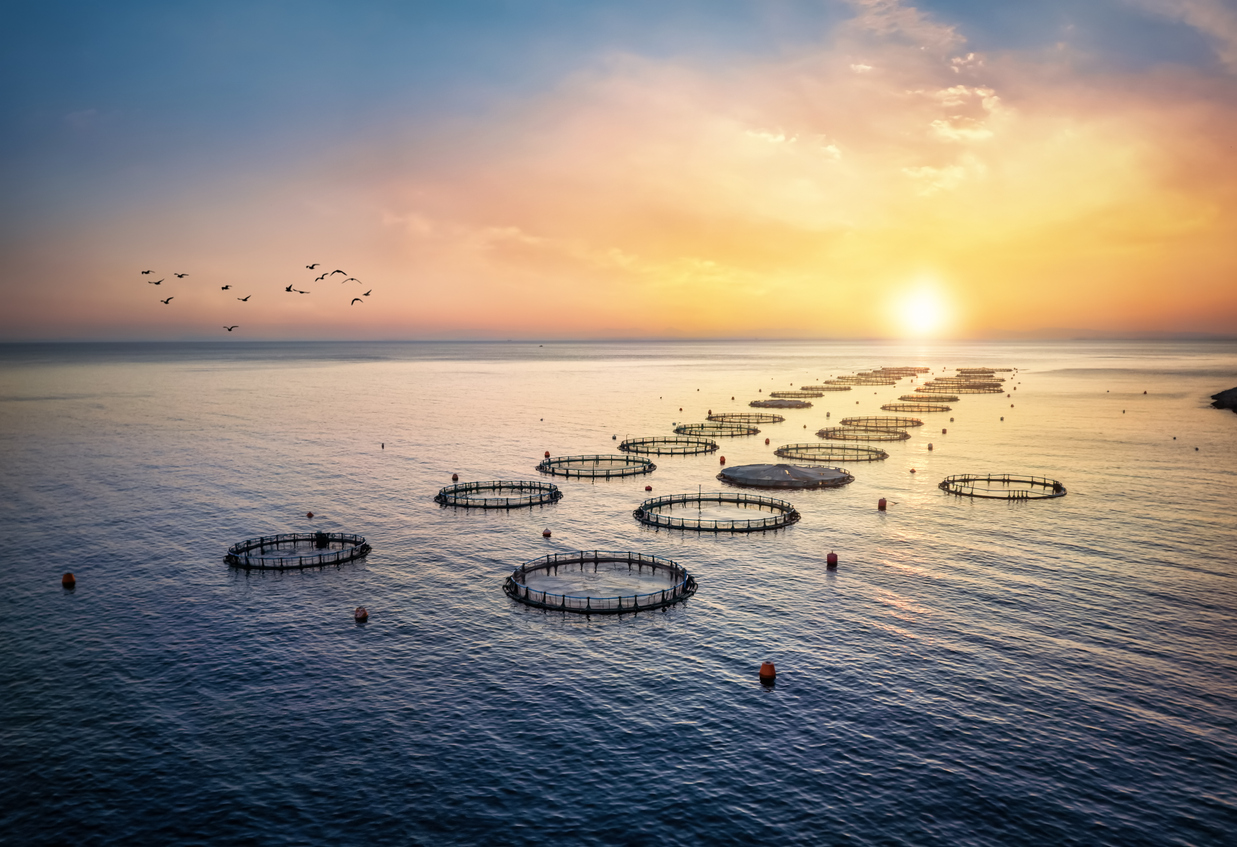Investors have a critical role to play in helping the seafood industry establish robust traceability systems that can lead to monetary, ecological and societal benefits, according to a new report from investor network FAIRR.
FAIRR, which is backed by investors representing $75 trillion in assets under management, launched the FAIRR Seafood Traceability engagement to analyze the traceability practices of the world’s largest publicly traded seafood companies.
“Through strengthened collaboration with global seafood investors, our ambition is to drive improvements in traceability as a first step, with the aim of reducing and ultimately eliminating harmful practices, including Illegal, Unreported and Unregulated (IUU) fishing, habitat conversion and overfishing,” notes the report.
While participating companies all acknowledged the importance of traceability for mitigating supply chain risks — such as revenue losses, human rights violations and regulatory sanctions, to name a few — most agree they need “to do more to improve the quality and coverage of their traceability systems.”
“Increased supply chain traceability is a no-brainer from a financial perspective for companies and investors,” Laure Boissat, senior ESG analyst at the FAIRR Initiative, tells AgFunderNews.
“For companies, better traceability creates numerous benefits, in addition to improving operational efficiency,” she adds. “In the same vein, improved supply chain traceability helps investors have more trust in their portfolio companies.”
‘Common challenges’ in building traceability systems
Seafood is “one of the most illegally produced commodities in the world,” with high levels of unreported and unregulated fishing made possible by a fragmented and “opaque” supply chain, according to FAIRR’s report.
Companies participating in FAIRR’s engagement all cited “common challenges” to implementing traceability systems, including a lack of data, reliance on paper-based data, an aging workforce, and a lack of technical know-how.
The report highlights many examples of these issues, from remote operating locations to numerous different formats for data to the sheer number of stakeholders involved that can complicate global seafood production.
For seafood companies, says Boissat, “a lack of traceability is likely to create operational inefficiencies, such as increasing recalls and food waste, increase packaging waste, increasing inventory and overall higher labour costs.”
For investors, the risks include direct revenue loss, damage to reputation, and an erosion of trust, she adds.
“Beyond these, as human rights abuses for instance are prevalent in seafood supply chains, a lack of traceability may create legal risks and even lead to regulatory sanctions.”

Improved transparency is ‘the first step’
FAIRR launched this first-ever seafood engagement initiative in 2023 with support from World Wildlife Fund, The United Nations Environment Program Finance Incentive’s Sustainable Blue Economy Finance Initiative, the World Benchmarking Alliance, and Planet Tracker.
“Improved transparency about the origin and production methods of seafood is a critical first step towards eliminating these issues across supply chains,” notes the report.
The engagement, supported by 35 different investors, worked with seven of the world’s largest publicly listed seafood companies: Charoen Pokphand Foods; Marubeni Corporation; Maruha Nichiro Corporation; Mitsubishi Corporation; Nissui Corporation; Nomad Foods Ltd; and Thai Union.
Just two companies, Charoen Pokphand Foods and Thai Union, have established relatively strong, group-wide traceability commitments covering all seafood products for human consumption, and feed for farmed fish, says FAIRR.
The remaining five companies either do not have a traceability commitment or only have only partial ones.
“As this was the first year of this Seafood Traceability engagement, we had no benchmark in terms of how engaged companies would be on the topic of traceability,” said Boissat. “Therefore, it was positive for us to see that all seven companies part of this engagement either entered into a dialogue with our investor members, or sent a formal response to our investor letters.”
She notes it was also encouraging to see companies “aware and receptive to the voluntary guidance being created by the Taskforce on Nature-related Financial Disclosure (TNFD), which provides guidelines for reporting nature dependencies, impacts, risks and opportunities.”
Of the seven companies, Maruha Nichiro, Mitsubishi, Nissui, and Charoen Pokphand Group published TNFD disclosures.
“While this is positive progress, the first year of TNFD reporting is often not comprehensive, and many of these assessments do not cover the whole business, all supply chains and/or all 14 TNFD recommendations,” Boissat noted. “This is positive progress and we look forward to seeing how companies continue to engage with the TNFD in the years to come, especially as the TNFD Fishing sector guidance is due to be released in early 2025.”
The results of Phase 1 form the baseline against which the annual progress of this investor engagement will be measured in coming years. Phase 2 of the engagement will begin in 2025.
How FAIRR defines ‘traceability’
According to FAIRR, a “comprehensive” traceability system must be “full-chain, digital, and interoperable” to provide “a complete measure of traceability, considering all parts of the supply chain, and recording and communicating data in a structured and consistent way.”
- Full-chain traceability means that the company has information about the supply chain of the product, and the product’s inputs. For example, a company must be able to trace fish back to the fishing vessel in the case of wild-caught fish.
- Digital traceability entails storing relevant data electronically, rather than in paper systems.
- Interoperable traceability means that the data is stored and represented “in a universal way among different operators” in order to make it consistent for all supply chain stakeholders.
What investors can do
While the major companies involved in t he initiative have their own set of steps to work towards, investors are encouraged to consider a number of steps relevant to their own business.
First and foremost, FAIRR encourages investors to formalize expectations with portfolio companies related to supply chain traceability, and to develop and set time-bound targets for these companies to implement traceability measures; investors should expect companies to disclose progress on these goals.
Investors should also take part in Phase 2 of the Seafood Traceability engagement and encourage greater industry collaboration on traceability through organisations such as SeaBOS, the GDST, and the UNEP FI Sustainable Blue Economy Finance Initiative.





